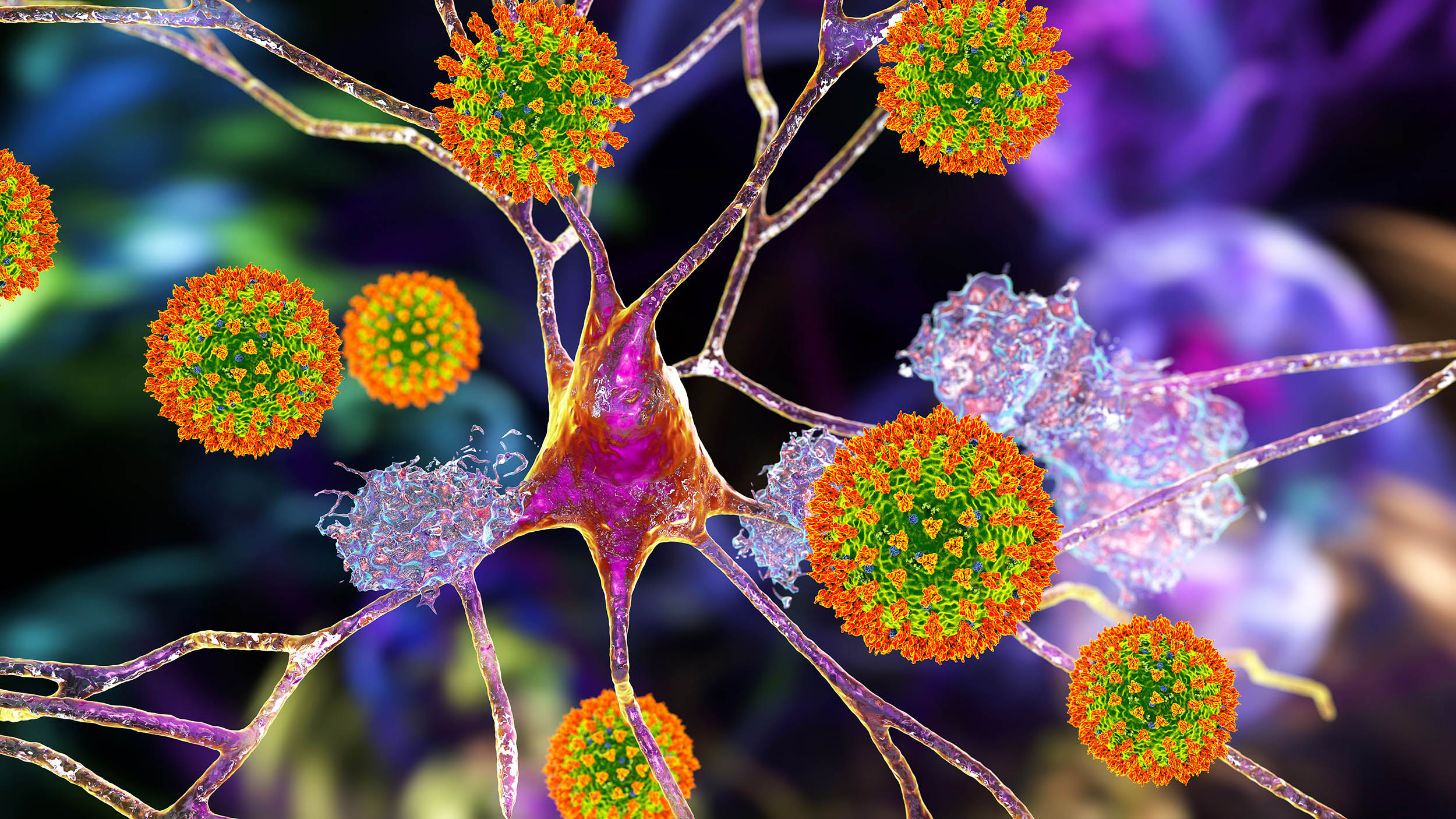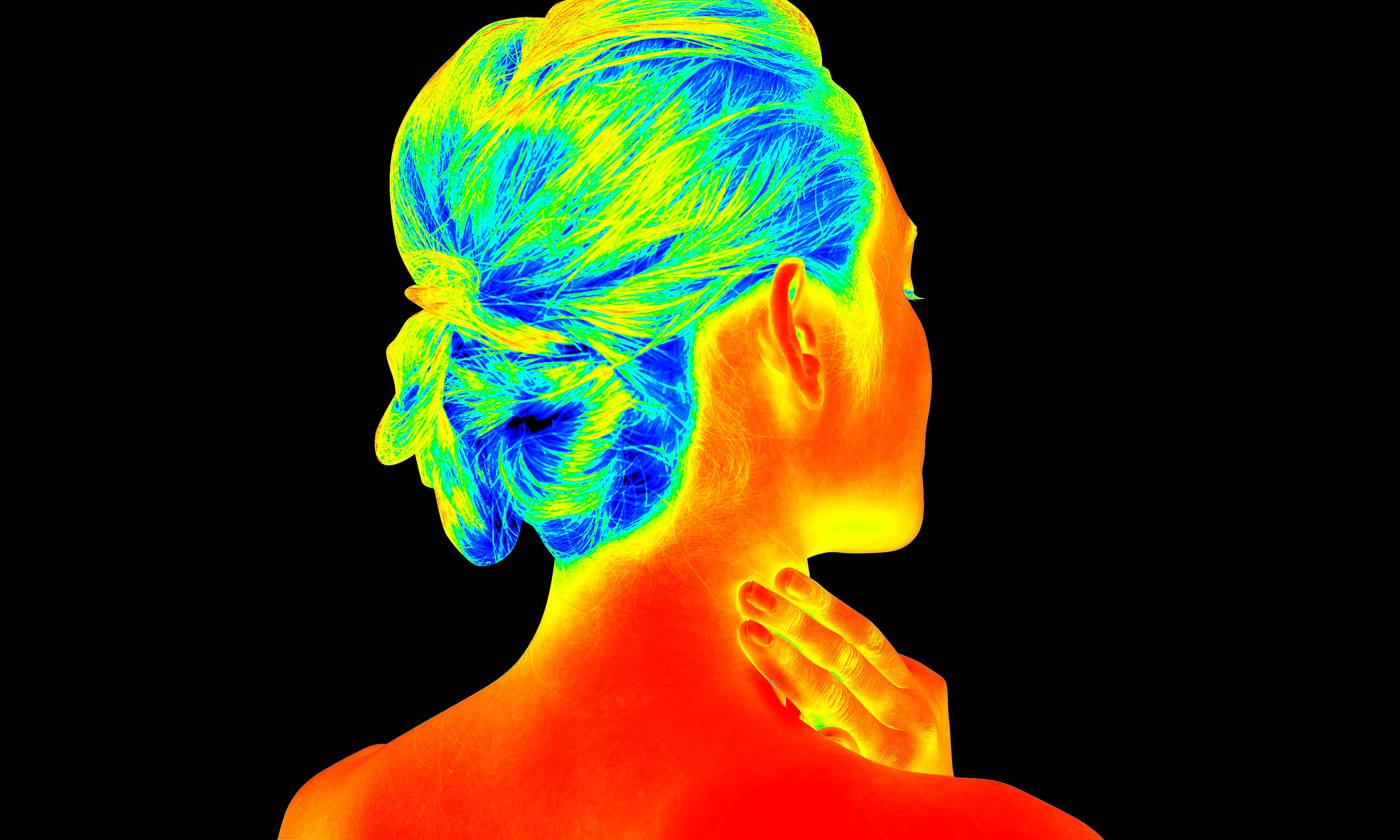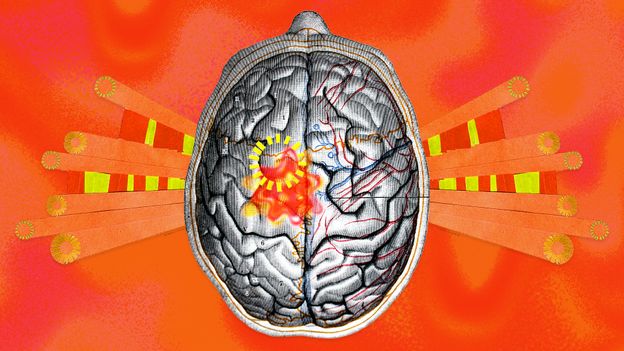T4K3.news
Extreme heat linked to accelerated biological aging
A new study finds that long-term exposure to high temperatures can age the body similar to smoking.

New research shows prolonged exposure to high temperatures can accelerate aging.
Extreme heat causes biological aging similar to smoking
Recent studies indicate that extreme heat, particularly in cities like Phoenix, is not just uncomfortable but detrimental to health. With over 140 days in 2023 reaching or exceeding 100°F, researchers found that long-term heat exposure accelerates biological aging. A study published in Science Advances reveals that individuals in such hot environments can appear about 14 months older biologically than those in cooler places. This accelerated aging may increase the likelihood of developing serious health conditions like diabetes and cardiovascular diseases at an earlier age. The research focuses on genetic changes related to environmental stressors, showing that the persistent heat can alter gene expression and impact health significantly. With climate change expected to increase the frequency of such extreme weather events, the implications are serious for public health, especially for older populations.
Key Takeaways
"The impact is similar to the effect of smoking and drinking."
Eunyoung Choi emphasizes how excessive heat can mimic the aging effects traditionally linked to unhealthy habits.
"It really can have tremendous impacts."
Deborah Carr highlights the broader implications of accelerated aging on society and healthcare.
The implications of this study extend beyond individual health risks. As cities face more frequent and severe heat waves, we must consider both the direct health effects and the broader societal impacts. For older adults, who already face challenges in adapting to temperature changes, the accelerating pace of biological aging could lead to higher healthcare costs and loss of productivity. It highlights the urgent need for communities to adapt to climate changes, not only to protect vulnerable populations but also to address the larger strain on healthcare systems.
Highlights
- Extreme heat doesn't just feel uncomfortable; it transforms your health at a cellular level.
- Living in a hotter city can make you biologically older than your peers.
- The impact of heat on aging is not just a personal concern; it's a societal challenge.
- Failure to address rising temperatures could lead to a public health crisis.
Risks related to public health and climate change
The increasing frequency of extreme heat days raises significant public health concerns, particularly for vulnerable populations such as the elderly, which could result in higher healthcare costs and greater societal strain.
Addressing these challenges with effective public health strategies will be essential as heat events increase.
Enjoyed this? Let your friends know!
Related News

Study finds pandemic stress hastened brain aging

Collagen treatments gain popularity amid mixed evidence

Study reveals link between body temperature and depression

Extreme heat raises stroke mortality risk

Study shows pandemic accelerated brain aging

Study reveals human DNA linked to hibernation

Promising new diet plan reveals significant weight loss

Mother warns about nasal tanning sprays after daughter's death
